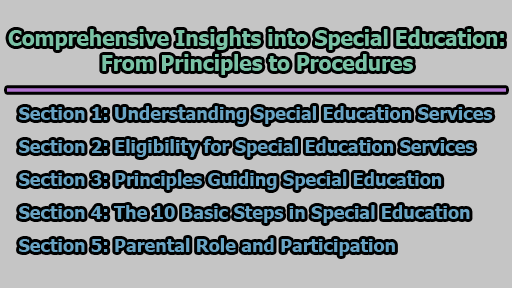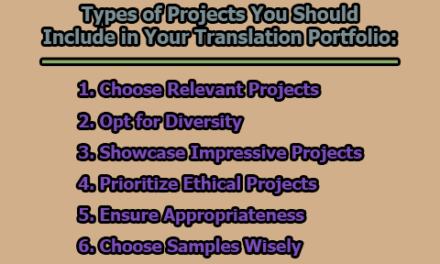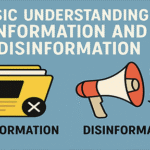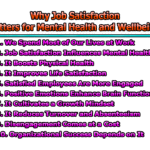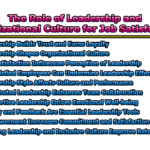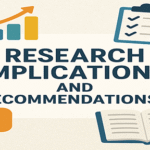Study Smart Instead of Studying Hard:
In the pursuit of academic excellence, students often find themselves overwhelmed with the pressure to study hard and put in long hours. However, the key to success lies not just in the quantity of study hours but in the quality of study techniques employed. Studying smart involves adopting effective learning strategies that optimize time and effort, leading to better retention and understanding of the material. In this article, we will delve into the concept of studying smart and explore various techniques that can help students achieve academic success without burning out (study smart instead of studying hard).
Section 1: Understanding the Importance of Studying Smart:
In the fast-paced world of academia, where the demands on students continue to grow, the conventional wisdom of studying hard is being reassessed in favor of a more nuanced and strategic approach – studying smart. This shift in perspective emphasizes the quality of study habits over sheer quantity, recognizing that effective learning is not solely determined by the number of hours spent with a textbook but by the efficiency and efficacy of the study methods employed.
1.1 Efficient Time Management: Studying smart starts with recognizing the finite nature of time. Instead of mindlessly pushing through hours of study, effective time management involves breaking study sessions into manageable blocks. Techniques such as the Pomodoro Technique advocate short, focused bursts of intense studying followed by brief breaks. This not only prevents burnout but also optimizes concentration and retention.
1.2 Set Clear Goals: The importance of setting clear and achievable study goals cannot be overstated. Before delving into study materials, students should define what they aim to accomplish during their study session. Whether the goal is completing a set number of pages, mastering specific concepts, or solving a particular set of problems, having a roadmap provides direction and purpose to the study session.
1.3 Active Learning: Active learning stands in stark contrast to passive learning, where students simply read or listen to lectures. Engaging with the material actively through note-taking, summarizing information, and teaching concepts to others promotes deeper understanding. This participatory approach not only enhances comprehension but also contributes to long-term retention.
1.4 Utilize Technology: In the digital age, technology can be a powerful ally in the pursuit of effective learning. Educational apps, online resources, and digital note-taking tools offer dynamic and interactive alternatives to traditional study methods. Flashcard apps, for instance, leverage the benefits of spaced repetition, aiding in memorization and quick recall.
Section 2: Effective Study Techniques:
Effective study techniques are integral to studying smart. By embracing strategies that align with the principles of cognitive science, students can optimize their learning experience and achieve better results.
2.1 Spaced Repetition: The spacing effect, a well-established cognitive phenomenon, suggests that information is better retained when reviewed at spaced intervals. Spaced repetition techniques, such as incorporating flashcards or specialized apps into study routines, exploit this principle. Regularly revisiting information strengthens memory and improves long-term retention.
2.2 Mind Mapping: Mind mapping is a visual technique that organizes information in a hierarchical and interconnected manner. By creating visual representations of key concepts and their relationships, students can enhance their understanding of complex topics. Mind maps serve as effective study aids, providing a holistic view of the subject matter.
2.3 Active Recall: Active recall involves retrieving information from memory without relying on external cues. This can be achieved through various methods, such as creating flashcards, summarizing concepts in one’s own words, or teaching the material to someone else. Engaging in active recall reinforces learning, strengthens memory, and promotes deeper understanding.
2.4 Interleaved Practice: Instead of dedicating extended periods to a single subject, interleaved practice involves mixing different topics within a study session. This approach challenges the brain to switch between concepts, enhancing problem-solving skills and fostering a more interconnected understanding of the material.
2.5 Use Multiple Learning Resources: Relying on diverse learning resources ensures a comprehensive understanding of the subject matter. Beyond textbooks, students can explore online videos, articles, and supplementary materials. Exposure to different explanations and examples from various sources enriches the learning experience.
2.6 Group Study Sessions: Collaborative learning through group study sessions can provide unique perspectives and insights. Explaining concepts to peers not only reinforces one’s understanding but also exposes individuals to alternative viewpoints. Effective communication and the exchange of ideas contribute to a more robust grasp of the material.
2.7 Prioritize and Focus on Weak Areas: Identifying and prioritizing weak areas in one’s knowledge base is an essential aspect of studying smart. Allocating more time to challenging topics while maintaining a balanced approach to stronger areas ensures a well-rounded understanding and proficiency in the subject.
Section 3: Healthy Study Habits:
Studying smart is not just about academic success; it is also about maintaining a healthy and sustainable approach to learning. Healthy study habits are integral to this balance.
3.1 Adequate Rest and Sleep: Quality sleep is paramount for cognitive function and memory consolidation. Students should prioritize getting sufficient rest to allow their brains to recover and integrate new information. All-nighters may seem productive in the short term, but they often result in diminished cognitive abilities and hinder long-term retention.
3.2 Regular Breaks: Taking breaks during study sessions is essential for maintaining focus and preventing mental fatigue. Short breaks between study intervals refresh the mind, contributing to sustained concentration and overall productivity.
3.3 Balanced Diet and Hydration: The mind-body connection is undeniable, and a well-nourished body supports optimal cognitive function. Students should maintain a balanced diet rich in nutrients and stay hydrated. Dehydration can negatively impact cognitive abilities, emphasizing the importance of drinking enough water throughout the day.
3.4 Physical Exercise: Regular physical exercise has been linked to improved cognitive function and enhanced memory. Incorporating physical activity into one’s routine not only contributes to overall brain health but also helps manage stress, a common challenge faced by students.
In conclusion, studying smart is a holistic approach that goes beyond the traditional mindset of studying hard. It involves strategic planning, efficient use of time, and the implementation of proven learning techniques. By incorporating active learning strategies, effective study techniques, and adopting healthy study habits, students can optimize their academic performance while maintaining a balanced and sustainable lifestyle. Remember, the goal is not just to accumulate information but to understand and retain it in the long run. So, embrace smart studying techniques, and pave your way to academic success without succumbing to the pressures of studying tirelessly.

Assistant Teacher at Zinzira Pir Mohammad Pilot School and College


